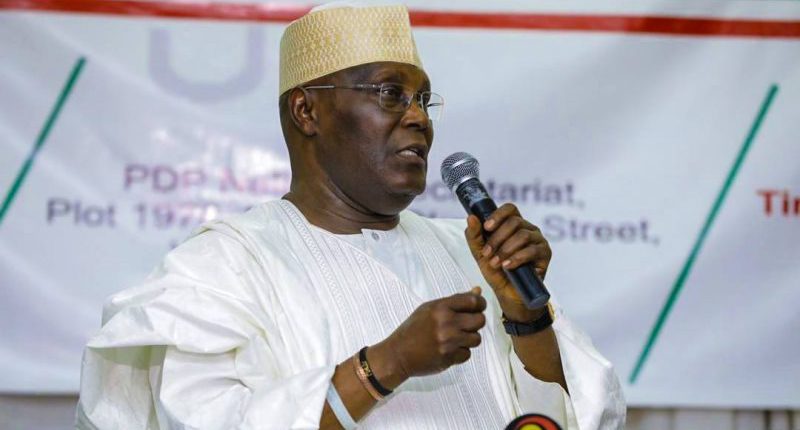Nigeria is bracing for one of the toughest presidential elections in its recent history as, since the country returned to democratic rule in 1999, it has contested the presidency between two major political parties. For the 2023 presidential elections of February 25th, there are at least three leading presidential candidates, namely Peter Obi of the Labour Party, Alhaji Atiku Abubakar of the People’s Democratic Party (PDP) and Bola Ahmed Tinubu of the All-Progressive Congress (APC). These big guns are setting aside their past collaboration to win the ultimate national seat.
Alhaji Atiku Abubakar of PDP, a northerner, is a former Vice President of Nigeria and a five time comer to the biggest national election in the country. Plagued with internal crises that do not seem to end any sooner, Atiku’s presidential ship is looking unstable. Regardless, the former Vice President is taking his campaign around the country with a promise of a return to the relatively good times, which seems very distant in the memory of the country’s citizens. The former Vice President-presidential bid is coming off the back of his party’s gubernatorial victory in Osun state, which has an APC incumbent governor.
State of play
Unlike Peter Obi’s Labour Party and Rabiu Kwankwaso’s New Nigeria People Party (NNPP), PDP has been around for longer with several of Nigeria’s highly rated political stakeholders being party members from the southwest, including former President Olusegun Obasanjo. PDP’s major opposition based on election success is Nigeria’s ruling party, the All-Progressive Congress (APC). With two gubernatorial party members in the region and his party’s history, Alhaji Atiku and his running mate, Ifeanyi Okowa, a southerner, might have a better chance of succeeding in the region than Peter Obi and Kwankwaso going by party prowess.
- PDP occupies 38/109 seats in the Senate, 126/360 seats in the House, and 329/991 seats in the state Houses of Assembly in the country.
What you should know
In terms of voting strength, the southwest region of Nigeria comprising six states including Lagos, Oyo, Ogun, Osun, Ekiti and Ondo states, holds a strong pull as according to the Independent National Electoral Commission (INEC), the region has 17.93 million voters, second, to the northwest’s 22.27 million registered voters.
Furthermore, the south west region of Nigeria, home to an ethnic group called the Yoruba, have an indigenous presidential candidate who is additionally the flag bearer of Nigeria ruling party in Bola Ahmed Tinubu.

